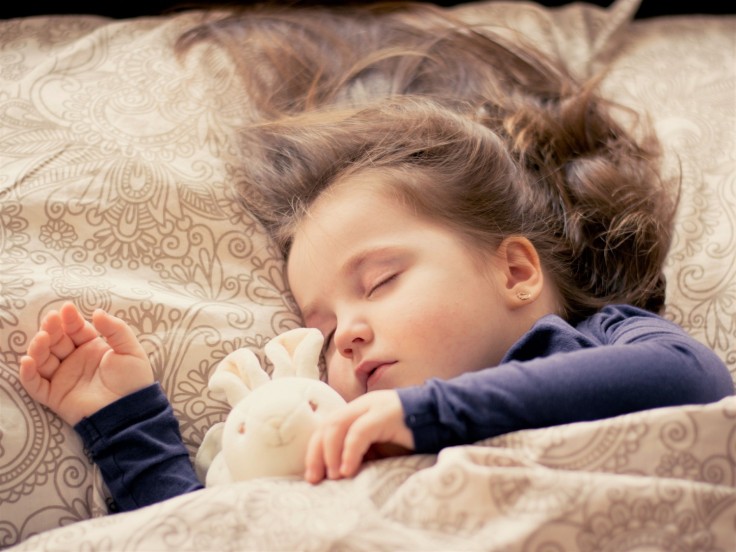
The American Academy of Sleep Medicine (AASM) has issued a health advisory that warns parents to discuss with a health care professional first before giving melatonin or any complement to children. Dr. Muhammad Adeel Rishi, MBBS, AASM Vice President of Public Safety, told Zero Coverage that while melatonin may help treat certain sleep-wake disorders, there is much less evidence that it can aid healthy children and even adults to fall asleep faster.
Medscape Medical News reported that melatonin consumption has soared over the past two decades among people of all ages, coinciding with an increase in melatonin overdose reports, calls to poison control centers, and related visits to the emergency department for children.
Over 4,000 reported ingestions led to hospitalization, and 287 children needed intensive care. The AASM notes that melatonin is the second most famous natural product parents give their children, next to multivitamins. It is widely available and marketed as a sleep aid, even without a prescription. Hence, the academy emphasizes and warns that not enough evidence proves that melatonin is an effective supplement in treating insomnia in healthy kids.
How the melatonin supplement appears to be harmful?
Although melatonin is regulated by the Food and Drug Administration (FDA) as a dietary supplement, it still obtained less oversight which the researchers analyzed thoroughly. AASM notes that melatonin content in supplements can vary widely. Children are usually the main target of the said supplement as they come as chewable tablets that kids can easily consume.
Rishi, a specialist in pulmonology, sleep medicine, and critical care at Indiana University Health Physicians, Indianapolis, added that the availability of melatonin in the form of gummies or chewable tablets makes it more appealing to the child. It also appears more tempting to give to children who are more likely to overdose. She suggests parents speak directly to the child's health care professional before giving the children any melatonin products.
The AASM advises parents and guardians to keep melatonin out of the reach of children. If a healthcare professional recommends melatonin, only follow the given appropriate dose and timing to address the sleep issue. Also, speaking with healthcare professionals can help one to have a legitimate melatonin product as it comes with a USP (United States Pharmacopeia) verified mark.
Parents said that the FDA hadn't approved the use of melatonin for kids; thus, they may experience side effects from taking the said product, such as having headaches, nausea, sweating, bed wetting, and drowsiness in the morning as a result of the melatonin consumption.
Help kids develop a healthy sleeping routine
Rishi stated that instead of relying on melatonin products to correct their kids' sleeping habits, parents should encourage them to develop good sleeping habits, including regular bedtime and wake-up time. Having a bedtime routine helps them to sleep easily.
Also, parents should limit kids' screen time consumption as using any gadgets keeps them awake.
The American Academy of Pediatrics (AAP) and the National Institutes of Health agreed that kids should not consume melatonin products.
Connecticut Children's reported that the National Poison Data System received more than 260,000 phone calls about kids' excessive consumption of melatonin. In 2021, more than 4,500 children nationwide experienced serious symptoms of melatonin overdose. Unfortunately, five kids were placed on a ventilator, and two died.
Related Article : Ice Cream Is Not a Comfort Food; Does Not Have Anything To Do With Mood Improvement